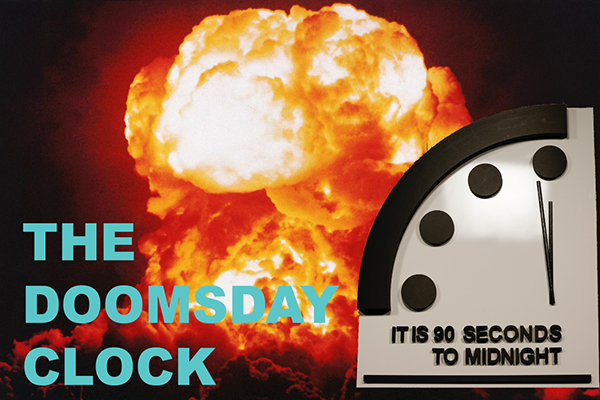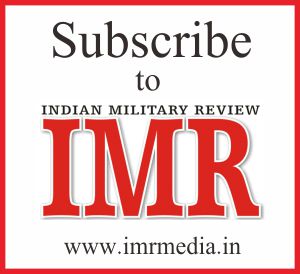Russian Deputy Foreign Minister Sergei Ryabkov said, on 22 March, that the risk of a nuclear clash was at its highest level in decades, warning that Moscow was in a “de-facto” open conflict with Washington over the war in Ukraine.
Relations between Russia and the United States, long strained, have worsened even further since Russia’s invasion of Ukraine last year. In February, Moscow pulled out of the New START nuclear arms reduction treaty with Washington.
Speaking at an event entitled “A World Without START: What’s Next”, Ryabkov said there was “no question” of Russia restoring the treaty for now, criticising what he called Washington’s “hostile course” towards Moscow.
“I wouldn’t want to dive into a discussion about whether the likelihood of a nuclear conflict is high today, but it is higher than anything we have had for the past few decades, let’s put it that way,” the Interfax news agency quoted him as saying.
Ryabkov said Russia was committed to keeping the world “safe and free” from the threat of nuclear war, but added later that business could not continue as usual, given that Moscow was now “in a de facto state of open conflict with the United States”.
A year on since the invasion of Ukraine, the Kremlin has repeatedly accused Washington of directly participating in the conflict by supplying weapons to Kyiv, while casting the war as a battle for Russia’s very survival.
Both the United States and Russia – by far the world’s largest nuclear powers – have said that a nuclear war can never be won and must never be fought, but the conflict in Ukraine has raised fears of a direct confrontation with the West.

















